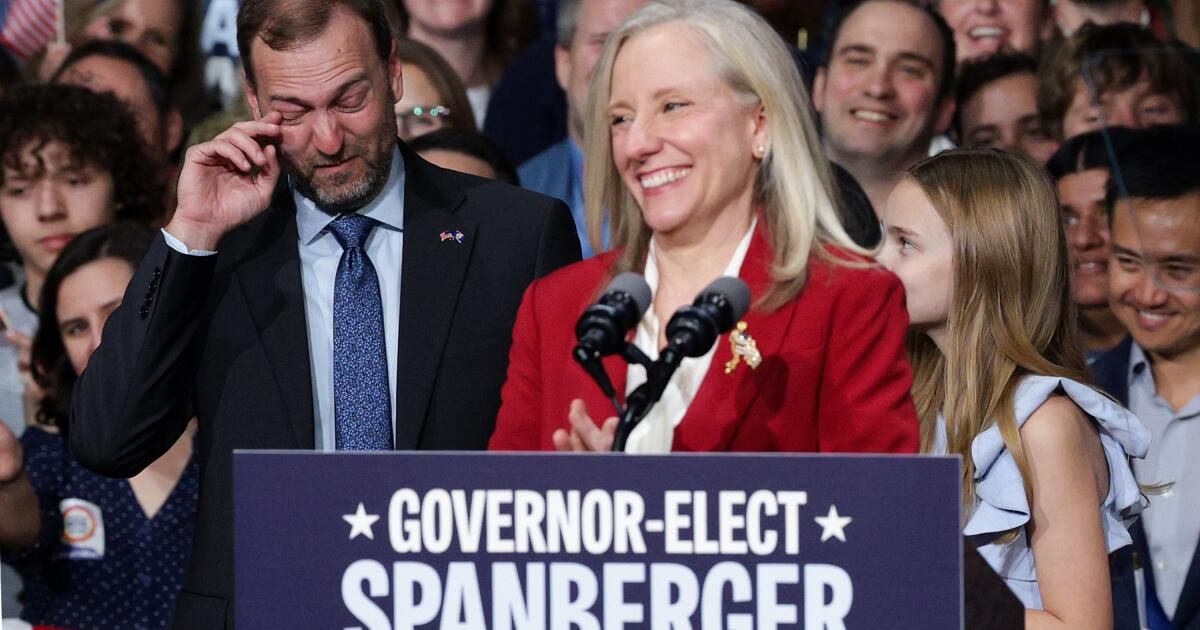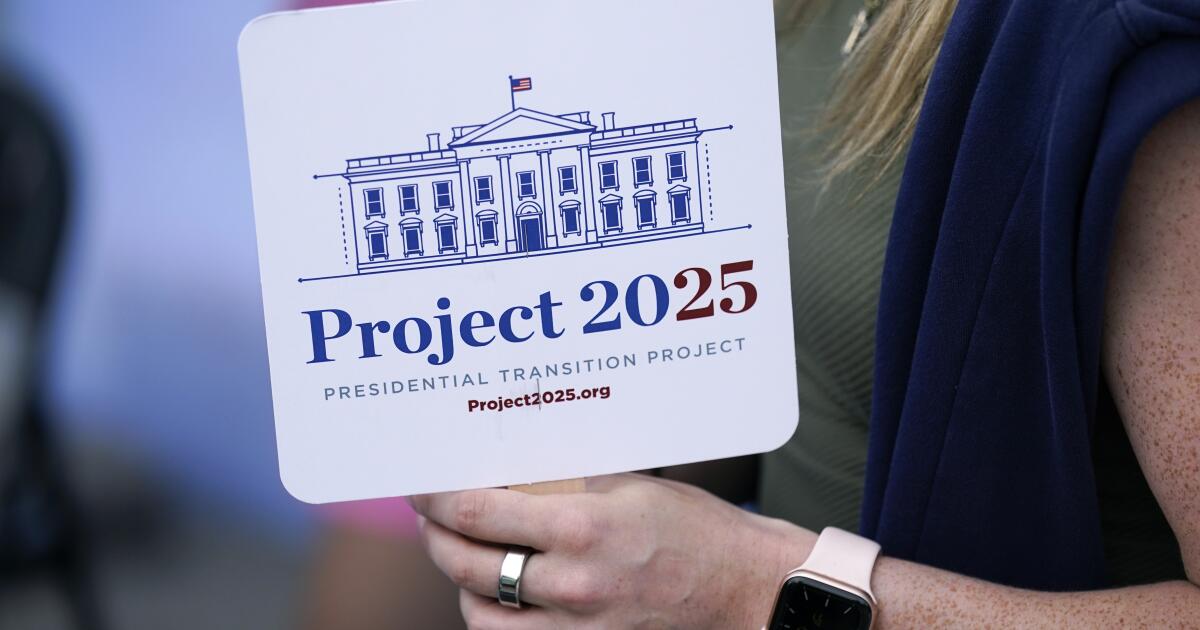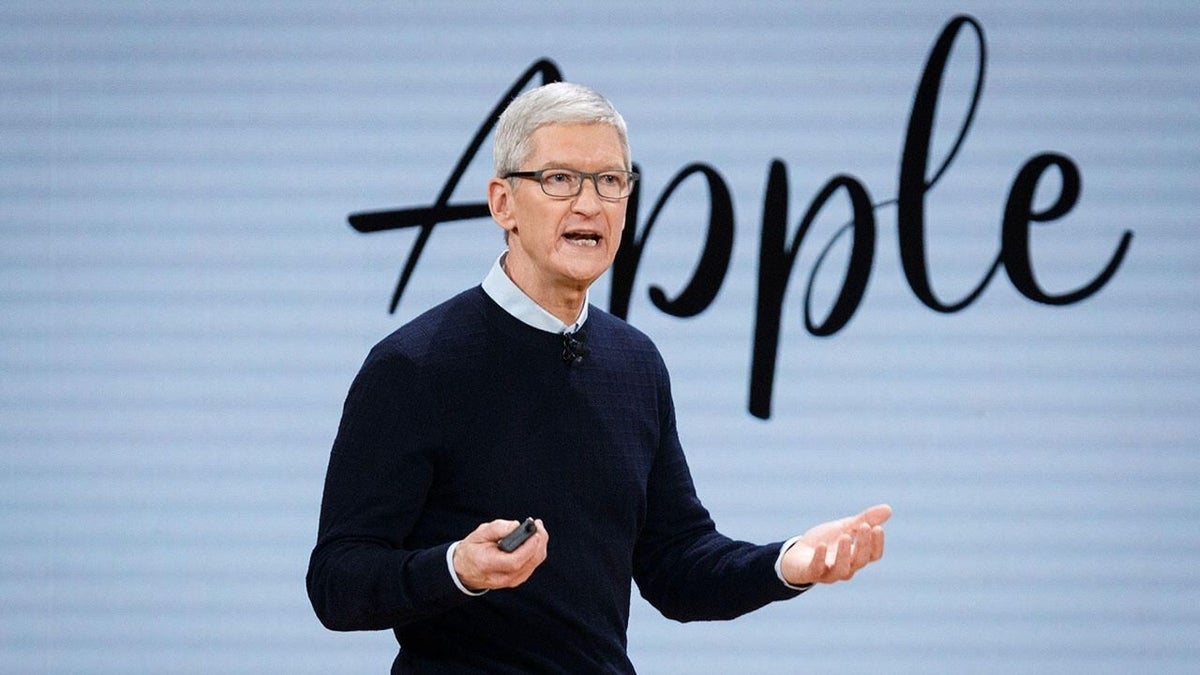Republicans are licking their wounds after losses at the polls on Tuesday. But there is a lesson to be learned here. The various elections in New York City, New Jersey and Virginia, taken together, reminded us once again of a perennial political truth: Americans still care about their wallets first and foremost.
Culture war-type topics often generate the most salacious headlines, and many of the Trump administration's struggles on these fronts, such as immigration law enforcement and higher education reformThey are fair and necessary. Still, the economy remains the main political issue. Unless Republicans get more serious about advancing a viable economic agenda to deliver real relief to middle- and working-class Americans, the party risks losing even more ground in next year's midterm elections.
When voters went to the polls in New York City, New Jersey and Virginia, they often asked the simplest and most pressing questions: Can I pay my rent? Can I fill my truck at the pump? Can I fill the refrigerator? Will my job still exist next year? Do I have reliable health care for my children? In too many districts and communities, those answers remain uncomfortable. Inflation, although well below its Biden-era peak, is still stubbornly higher than the Federal Reserve's 2% target. Purchasing power is still eroded and anxiety about the cost of living persists for too many people.
For Republicans, this is both a warning and an opportunity. Despite a concerted effort in recent years to rebrand itself as the party of the common man, including, but not limited to, Teamsters President Sean O'Brien landing a coveted speaking slot at last year's Republican National Convention in Milwaukee, too many voters still associate the GOP with tax cuts for the donor class and a general indifference toward the tens of millions of Americans who live paycheck to paycheck. That is the harsh truth. The perception of corruption at some of the highest levels of power in Washington, especially when it comes to the influence exerted by the Super rich emirate of Qatardoesn't exactly alleviate voters' concerns.
If the Republican Party wants to regain the public's trust, it must present a compelling vision of what sound conservative economic management entails in the 21st century.
That redefinition begins with a renewed focus on work, dignity and resilience. The Republican Party must build an economic narrative that focuses on controlling inflation, raising wages, rebuilding America's industrial base, and greater health security for the paycheck-to-paycheck class. Conservatives should pursue a pragmatic economic nationalism, one that links trade policy, manufacturing, energy production, workforce development and family formation. All proposed economic policies must be explained in concrete and local terms. The relevant questions throughout should be: How does this policy tangibly benefit average Americans, and how can the message be conveyed so that the benefit is clearly understood?
The voters Republicans need to reach aren't listening to dodgy political seminars. They want results: lower energy bills, affordable food, job security, and an economy that rewards hard work. The Republican Party must speak directly to these priorities with honesty and humility.
If economic anxiety persists during next fall's midterm elections, voters will punish the party that appears most indifferent to their struggles. The Trump administration and Republicans across the country must get to work quickly. That means more executive orders signed by Trump, within the limits of the law, that can provide real economic relief and security to America's working men and women. And it certainly means a concerted attempt by Congress to bolster the economic prospects of the middle and working classes, perhaps through the Senate's annual budget reconciliation process.
Inflation must finally be controlled, including the Federal Reserve lifting interest rates, against Trump's general easy-money instincts, if it were really necessary. Access to private health savings accounts must be expanded, and the ease of acquiring private health care must finally be divorced from the particular circumstances of employment. More jobs and supply chains need to be relocated. Concerns about the affordability of child care and the availability of parental leave need to be addressed. And it is necessary to extract even more of our abundant internal energy. These are just a few of the various policies that voters could reward at the polls next fall.
Our hot cultural battles will continue and are, in fact, very important. But when a family can't afford to buy food or gas, those debates tend to take a backseat. Republicans must rebuild voter confidence on the most fundamental issue in American politics: the promise of economic opportunity and security.
It is always dangerous to extrapolate too much and draw clear national lessons from a few local elections. But the three biggest recent races — for mayor of New York City and for governors of New Jersey and Virginia — had larger final margins of victory for Democrats than most polls suggested. It seems like a pretty clear reprimand. Consequently, the Trump administration and Republicans across the country must deliver real economic results on the real economic problems facing the American people. If they do not present a compelling economic vision and execute it capably and efficiently, the electoral damage is likely to be even greater next fall.
That could almost doom the rest of Trump's presidency. And what a disappointment that would be.
Josh Hammer's latest book is “Israel and Civilization: The Fate of the Jewish Nation and the Fate of the West.”.” This article was produced in collaboration with Creators Syndicate. UNKNOWN: @josh_hammer
Perspectives
Perspectives from the LA Times offers AI-generated analysis of Voices content to provide all points of view. Insights does not appear in any news articles.
point of view
Perspectives
The following AI-generated content is powered by Perplexity. Content is not created or edited by the Los Angeles Times editorial staff.
Ideas expressed in the piece.
Republicans should prioritize economic relief for working and middle-class Americans over cultural disputes, focusing on specific issues that voters care about most, such as inflation, job security, health care costs and purchasing power.[1]. The Republican Party must build an economic narrative focused on controlling inflation, raising wages, and rebuilding America's industrial base through pragmatic economic nationalism that links trade policy, manufacturing, energy production, and workforce development.[1]. Specific policies should address child care affordability, availability of parental leave, increased access to health savings accounts, reshoring jobs and supply chains, and increased domestic energy production.[1]. The Trump administration should implement executive orders and congressional actions through the budget reconciliation process to achieve tangible results on these economic priorities.[1]. Republicans have historically fought against voter perceptions of favoring tax cuts for the wealthy, and must rebuild trust by demonstrating a genuine commitment to economic opportunity and security for the paycheck-to-paycheck class.[1]. Without real economic results before the midterm elections, Republicans risk further electoral damage and could jeopardize the remainder of Trump's presidency.[1].
Different points of view on the subject.
Historically, conservative economic policies have prioritized the interests of the wealthy over the security of the working class, with tax cuts for corporations and the wealthy producing short-term gains followed by economic stagnation, crises, and larger deficits.[4]. Democratic administrations have consistently outperformed Republican ones on nearly every measure of economic performance, including job growth, unemployment, economic growth and manufacturing growth, and Democrats have added 50 million jobs since the early 1980s, compared with 17 million under Republican rule.[4]. Bill 2025, a comprehensive Republican policy agenda, would shift tax burdens from the wealthy to the middle class through a two-tier tax system, reduce the corporate tax rate from 21 percent to 18 percent, and strip workers of protections by making fewer workers eligible for overtime pay while weakening protections against child labor.[2][5]. The Trump administration's economic policies, including random tariffs and reduced support for working families, have contributed to the weakening of the economy.[6]. Wealth inequality remains staggeringly high and disgusting for most Americans, increasingly associated with conservative fiscal policies that reward predatory financialization at the direct expense of social safety nets.[3].












